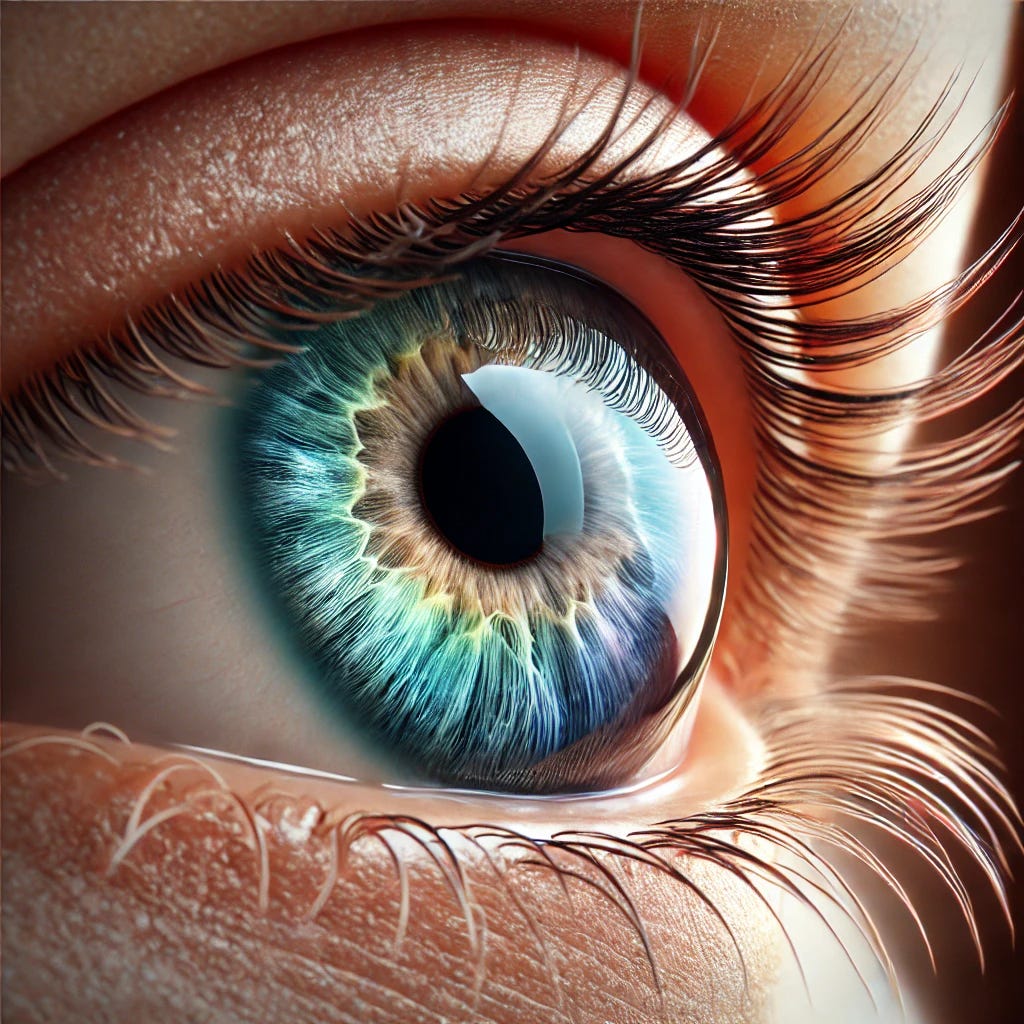Recent research challenges the conventional advice for glaucoma patients to sleep with their heads elevated. Traditionally, elevating the head during sleep was believed to reduce intraocular pressure (IOP), a key factor in glaucoma progression. However, a new study suggests that this practice might not be beneficial and could, in some cases, be detrimental.
Key Findings from the Study
Study Design: Conducted by Dr. Natasha Gautam and her team, the study involved 80 participants, half diagnosed with glaucoma and half healthy controls.
Measurements Taken: Researchers assessed IOP and mean ocular perfusion pressure (MOPP)—which evaluates blood flow to the eye—in various positions: sitting, supine flat, supine with a pillow, left lateral decubitus, right lateral decubitus, and prone with head turned to both sides.
Results: Transitioning from a sitting to a recumbent position increased IOP in both groups. However, lying down also improved ocular blood flow. Conversely, sleeping with the head elevated decreased MOPP, potentially reducing the essential blood supply to the optic nerve.
Implications for Glaucoma Patients
These findings suggest that head elevation during sleep may not universally benefit glaucoma patients. For some, especially those experiencing nocturnal blood pressure dips, reduced blood flow to the optic nerve could exacerbate the condition. Therefore, personalized medical advice is crucial.
Recommendations
Consult Healthcare Providers: Patients should discuss their sleeping positions with their ophthalmologists to determine the most suitable posture based on their individual health profiles.
Monitor Sleep Posture: Being aware of and adjusting sleep positions may play a role in managing glaucoma progression.
Further Research Needed: Additional studies are required to fully understand the relationship between sleep positions, IOP, and ocular blood flow in glaucoma patients.
Final Thoughts
This study underscores the importance of personalized medical advice in managing glaucoma. While head elevation during sleep has been




